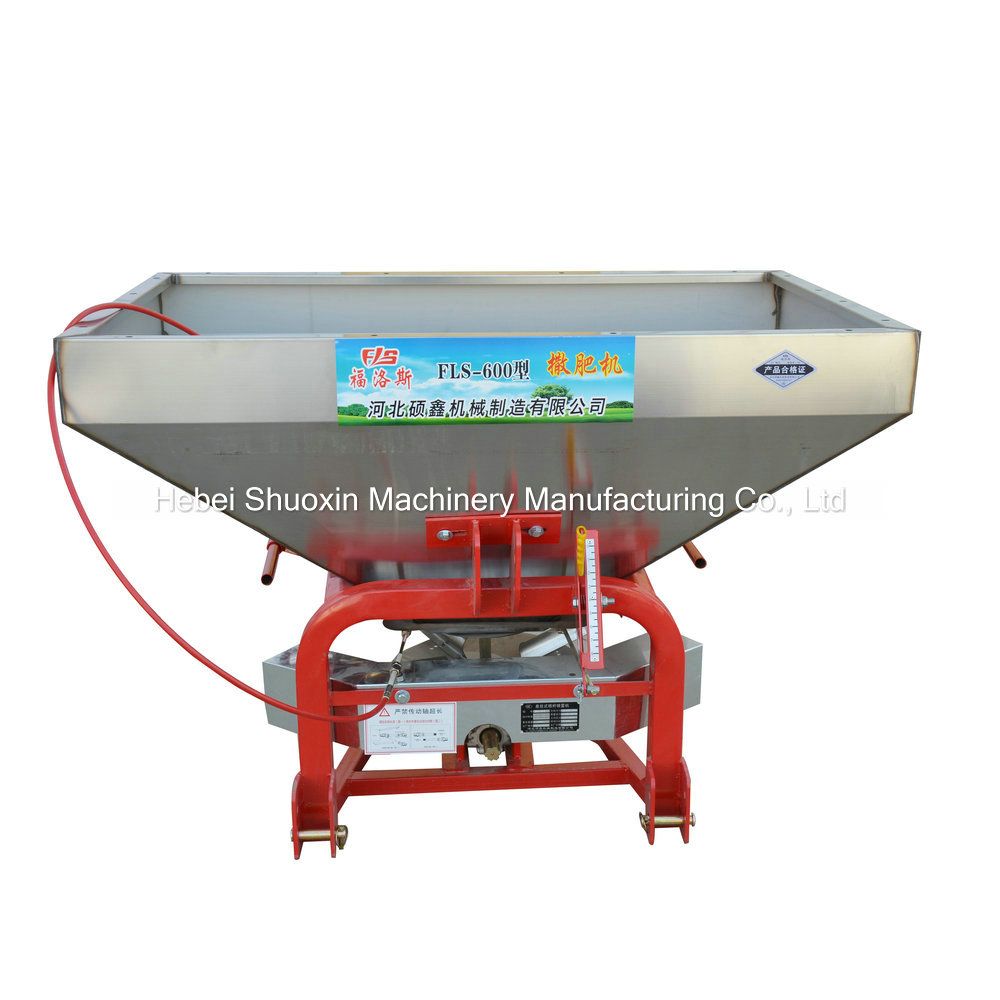Top 10 Planting and Fertilizing Machine Factories in China

Introduction to China's Agricultural Machinery Sector
China is a global leader in agricultural machinery manufacturing. The planting and fertilizing machine industry holds a significant position. This equipment includes smart farming machines that combine seeding and fertilizing functions. Types range from precision seeders to variable-rate fertilizer spreaders. Growth in this sector is driven by government policy support for agricultural mechanization and global food security needs.
Industry Leading Enterprises
YTO Group Corporation is a major industry leader. Their dominant product is the 2BF-12 precision seed fertilizer applicator. This machine has a working width of up to 4 meters. It maintains a fertilizer application accuracy with an error margin of o
nly ±3%.
LOVOL incorporates smart mo
nitoring systems in their equipment. These systems use IoT technology to mo
nitor seed and fertilizer flow in real-time.
ZOOMLION holds 21 natio
nal invention patents for their deep loosening and fertilizing combined operation machine.
Factories Setting the Standard for Innovation
Changzhou Dongfeng Agricultural Machinery Group Co., Ltd. is a benchmark for technology. Their electric precision fertilizer spreader uses the BeiDou Navigation Satellite System. This allows for path planning with centimeter-level accuracy.
Shandong Wuzheng Group employs a modular design. Users can switch between corn and wheat seeding modes by changing modules.
Modern Agricultural Equipment Co., Ltd. focuses on research partnerships. They collaborated with China Agricultural University to develop an air-suction seeder. This seeder has a miss-seeding rate of less than 1.5%.
Representatives of Regional Industrial Clusters
Shandong Juming Machinery Co., Ltd. benefits from its location in a major agricultural province. They specialize in towed fertilizer-seeding combination machines. These machines work on both plains and hilly terrain.
Henan Haofeng Agricultural Machinery Manufacturing Co., Ltd. built a strong local service network. They established 128 maintenance service stations in the Henan region.
Jiangsu Yunma Agricultural Machinery Manufacturing Co., Ltd. has a strong export focus. 35% of their annual production is exported to Southeast Asia.
Pioneers in Intelligent Manufacturing
Chongqing Xinyuan Agricultural Machinery Co., Ltd. operates a smart factory. They use robotic welding production lines. This allows a daily production capacity of 200 machine sets.
Zhejiang Sifang Group utilizes digital twin technology. Virtual debugging helps them shorten equipment development cycles by 40%.
Shandong Shifeng Group employs machine vision for quality control. Their system achieves a 99.97% accuracy rate in detecting defects on seeding plates.
Leaders in Specialized Market Segments
Hebei Nonghaha Agricultural Machinery Group Co., Ltd. focuses on no-till seeders. Their 2BMQ series products enable precision seeding under full straw returning conditions.
Beijing Dabeinong Technology Co., Ltd. excels in water-saving fertilization tech. Their pressure-compensated drip irrigation system reduces water usage by 30%.
Ningxia Xindazhong Machinery Co., Ltd. adapts products for specific regions. They developed a windproof and sand-fixing seeder for the Northwest China's conditions.
Companies Expanding in International Markets
Many Chinese factories are growing their global presence. Some companies have product lines with CE certification. These meet EU noise emission standards of ≤85dB. Others use overseas localization strategies. Establishing assembly plants in Africa, for example, can reduce tariff costs by 30%. Current data shows the top three export markets for these machines are Russia, Kazakhstan, and Vietnam.
Practitioners of Sustainable Development
Jiangsu Changfa Agricultural Equipment Co., Ltd. leads in eco-friendly technology. Their electric fertilizer spreaders produce zero emissions during operation. The battery offers up to 8 hours of续航 (runtime).
Luoyang Zhongshou Machinery Equipment Co., Ltd. uses lightweight designs. Applying composite materials reduces machine weight by 20%. e
valuations by the Chinese Academy of Agricultural Mechanization Sciences show energy-saving products reduce average diesel co
nsumption by 15%.
Comparing After-Sales Service Networks
Service quality is a key differentiator. Leading companies build extensive service systems. Some have established natio
nal networks with over 1,200 service points. They promise a 2-hour respo
nse time for service calls. Other companies develop advanced support platforms. These use AR technology for remote fault diagnosis. User surveys indicate high satisfaction, with top-rated companies averaging 4.8 out of 5 points.
Future Trends and Development Direction
The industry co
ntinues to evolve with several clear trends. First is the integration of intelligent decision systems. These include variable-rate fertilization algorithms ba
sed on crop growth models. Second is the wider application of new energy sources. Lithium battery-powered seeders are seeing extended runtimes, now reaching 10 hours. Third is platform-ba
sed design. One modular platform can now derive 12 different machine models. The industry's annual compound growth rate is predicted to remain above 8%.

